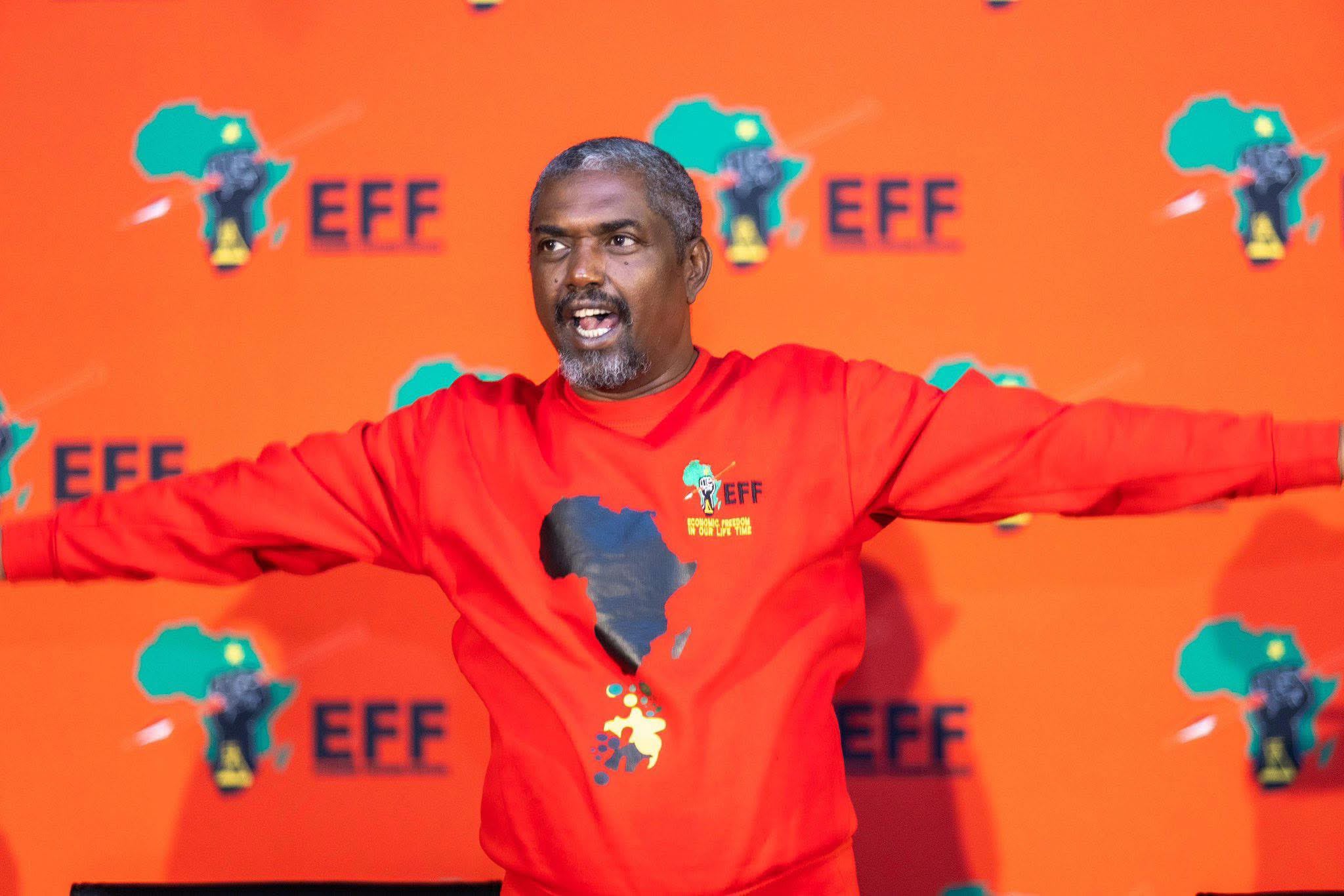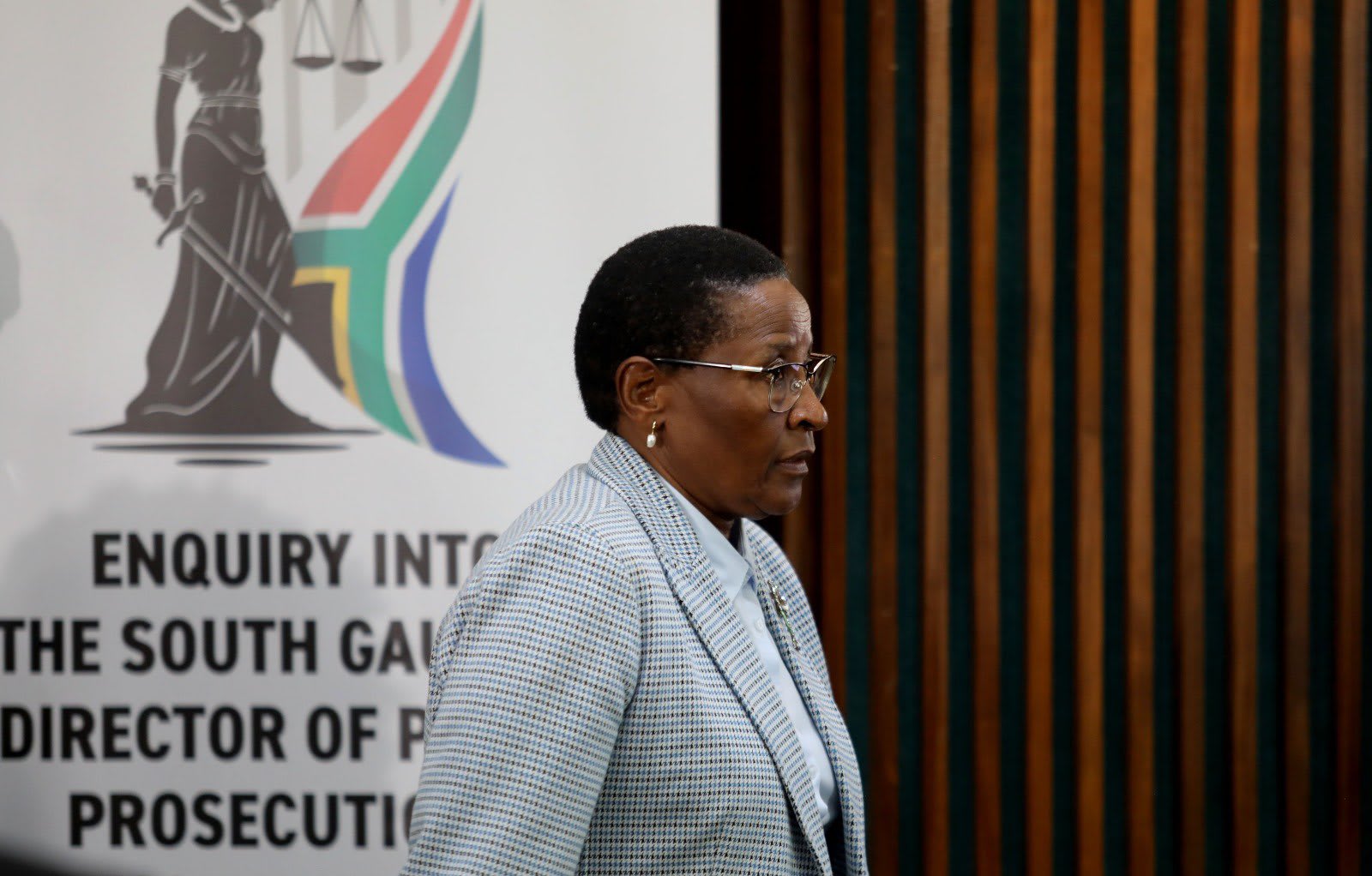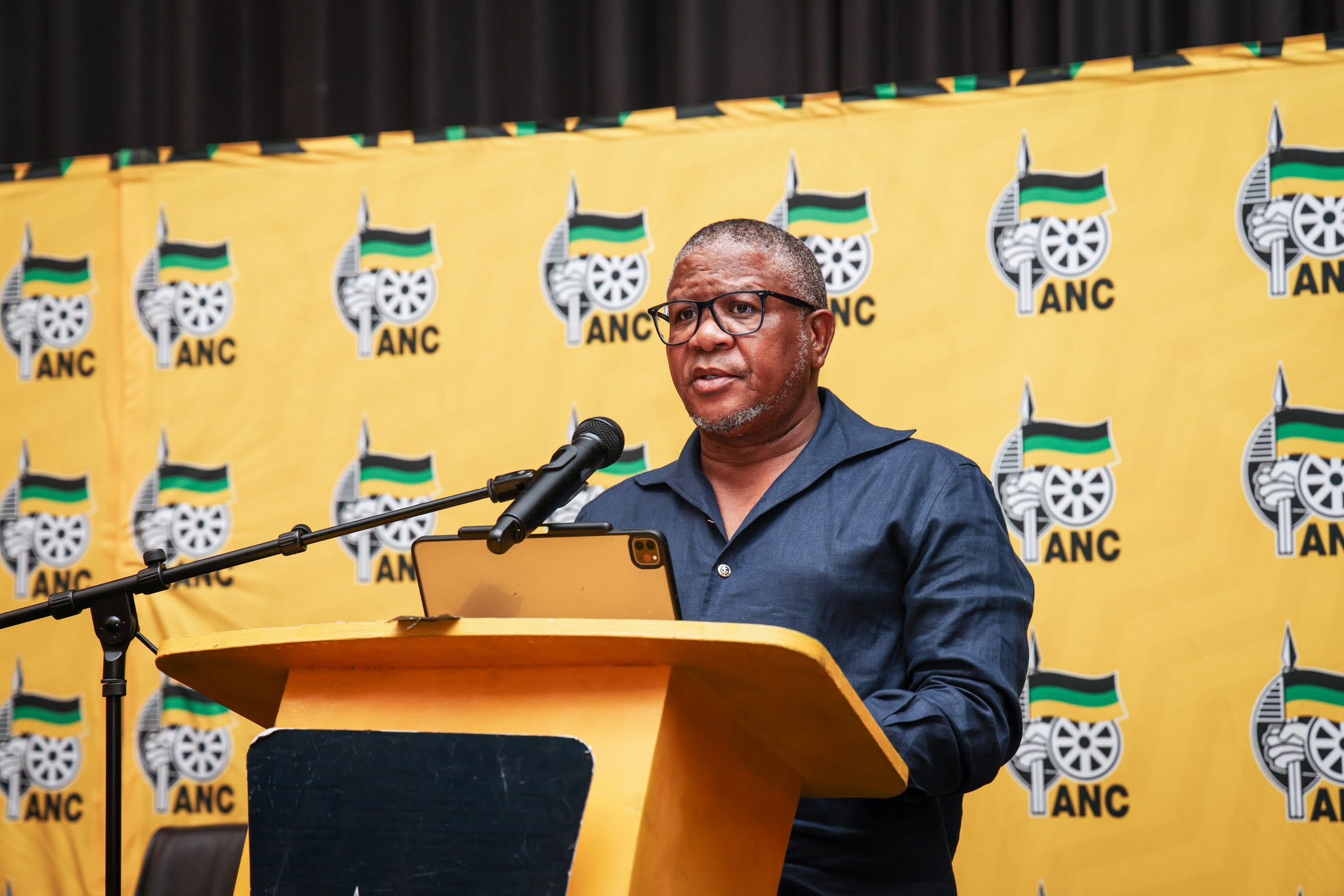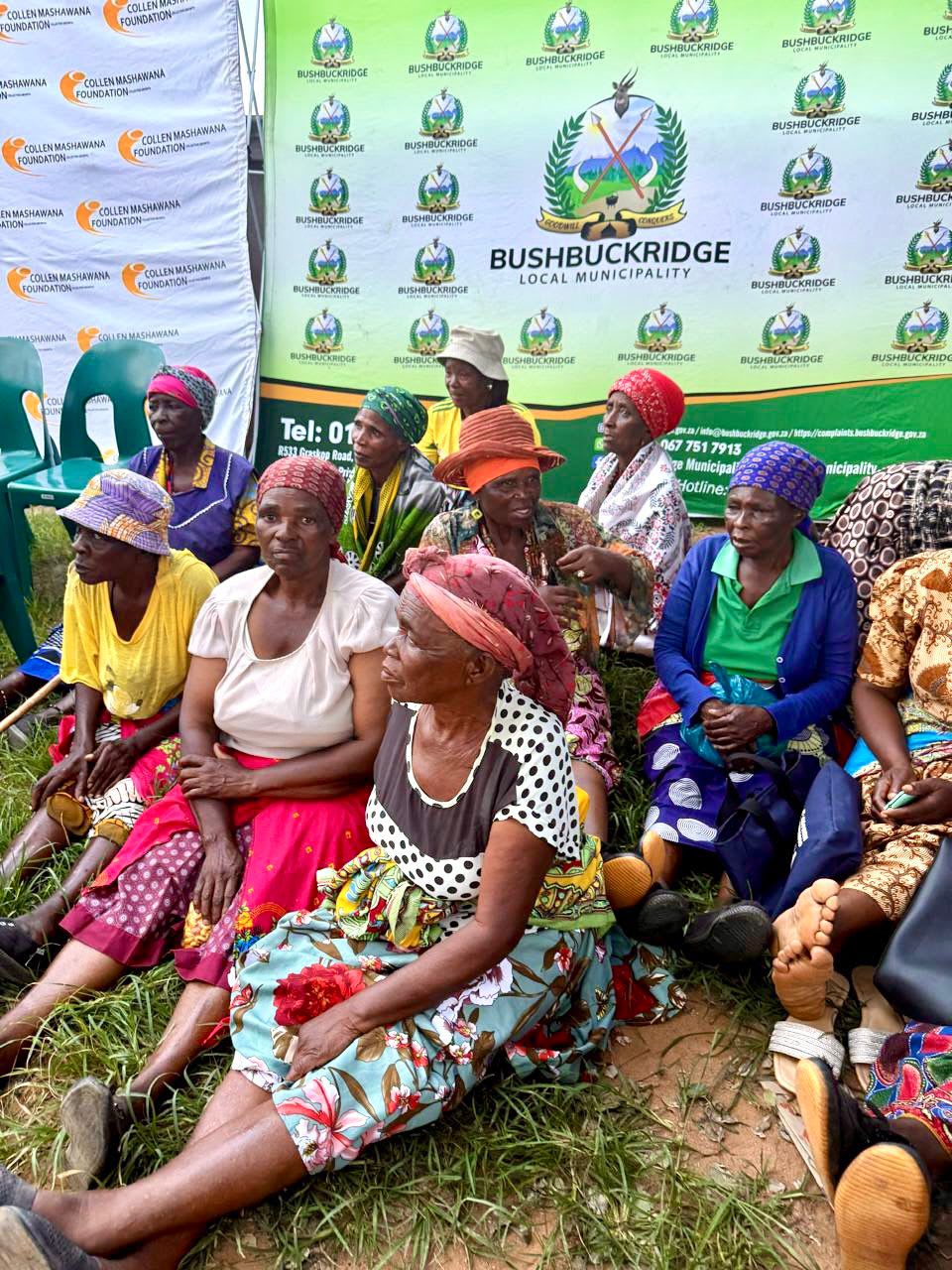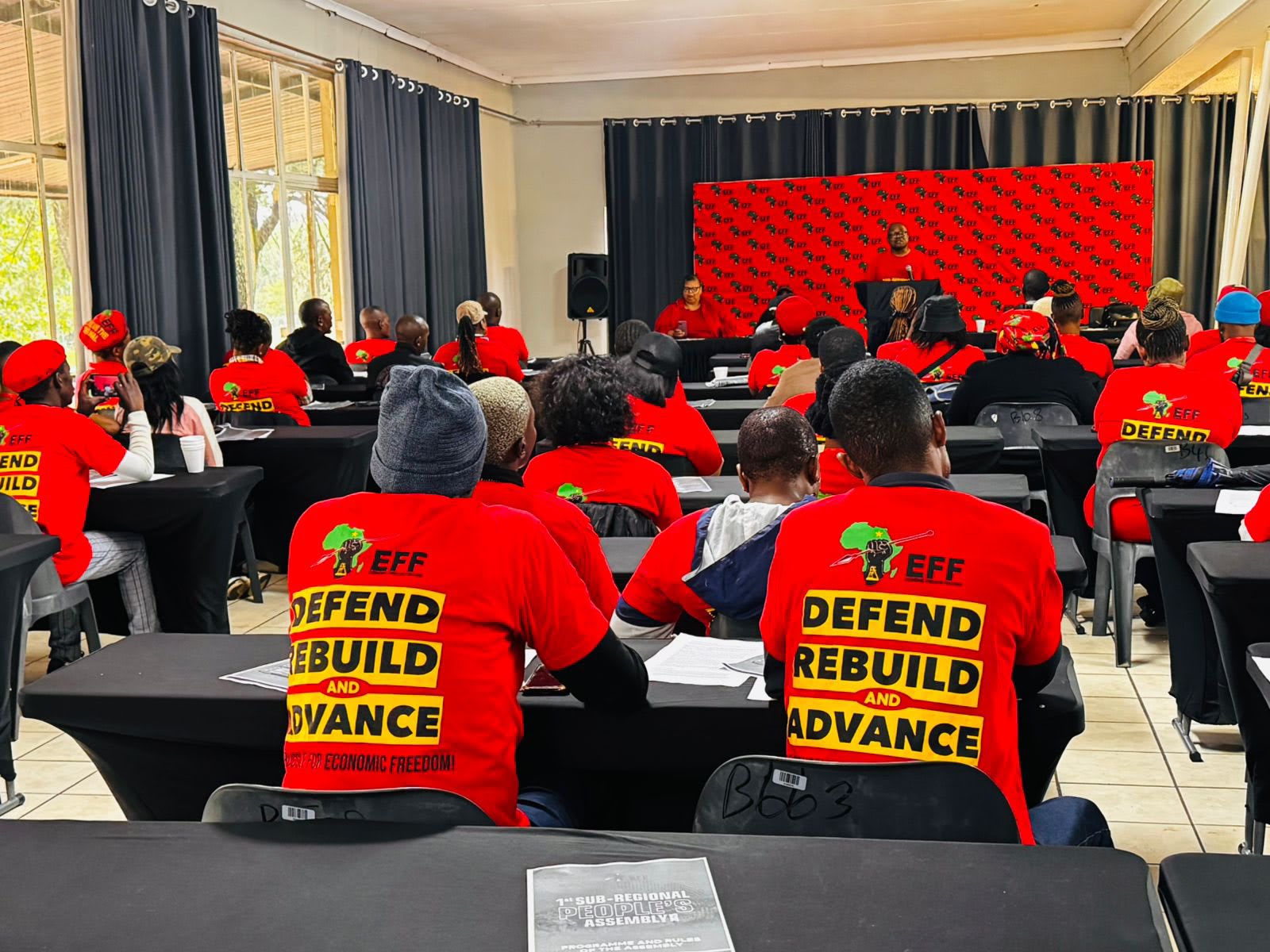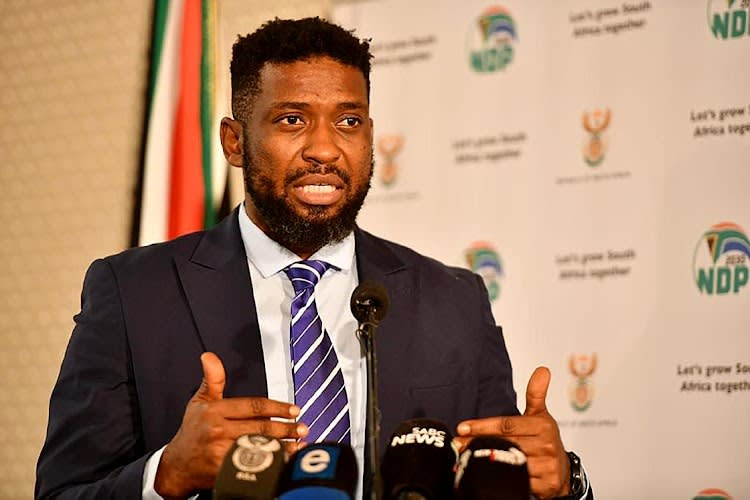Ambassador
President Cyril Ramaphosa’s reported plan to appoint his investment adviser, Alistair Ruiters, as South Africa’s next ambassador to the United States has sparked criticism within diplomatic and political circles, with some viewing the move as an act of political favour rather than merit-based governance.
President Cyril Ramaphosa’s intention to nominate Alistair Ruiters, his adviser on investment promotion, as ambassador to the United States has drawn mixed reactions from within government and among foreign policy analysts. The potential appointment comes amid growing scrutiny over Ramaphosa’s reliance on political insiders and technocrats, raising questions about transparency and merit in senior diplomatic selections.
Ruiters, who was appointed to the presidency earlier this year, has previously worked in economic policy and industrial development but has limited experience in diplomacy or foreign relations. His prospective posting to Washington, one of South Africa’s most critical diplomatic missions, has therefore been interpreted by some as a political decision designed to extend Ramaphosa’s personal agenda abroad.
The Department of International Relations and Cooperation (DIRCO) has not yet confirmed the nomination, but sources close to the presidency indicate that the decision is at an advanced stage. According to government insiders, the move aligns with Ramaphosa’s recent approach of placing trusted advisers in key positions across state institutions.
Critics argue that this strategy undermines institutional independence and erodes confidence in the country’s diplomatic service.
The post in Washington has been vacant since the undue recall of Ebrahim Rasool in March. South Africa’s relations with the United States have faced challenges in recent months, particularly over trade and foreign policy differences. Analysts note that the next ambassador will need to navigate complex issues such as the African Growth and Opportunity Act (AGOA) renewal, trade negotiations, and geopolitical tensions involving Russia and China.
Political analysts suggest that Ramaphosa’s preference for loyal appointees may be part of a broader trend within his administration. In recent years, similar appointments have been made across government and state-owned entities, often justified as part of efforts to improve coordination and efficiency. However, critics argue that the approach centralises an agenda within the presidency and sidelines institutional expertise.
If confirmed, Ruiters would assume the post at a sensitive time for South Africa’s foreign policy. The government is under pressure to repair strained relations with Western allies while maintaining its position within emerging blocs such as BRICS. Balancing these interests requires diplomatic skill and experience that critics say cannot be substituted by economic expertise alone.
The presidency has not issued an official statement on the appointment. However, senior officials close to the process suggest that Ramaphosa views the move as an opportunity to strengthen economic diplomacy and attract U.S. investment.
Observers note that the appointment could be seen as a test of Ramaphosa’s leadership approach, whether he prioritises loyalty or institutional integrity in shaping South Africa’s representation abroad





